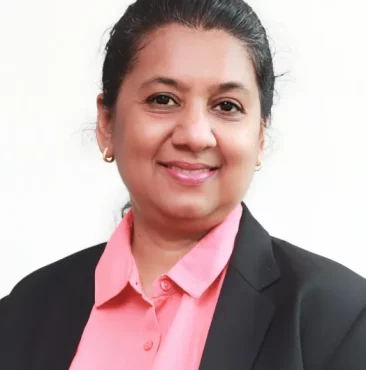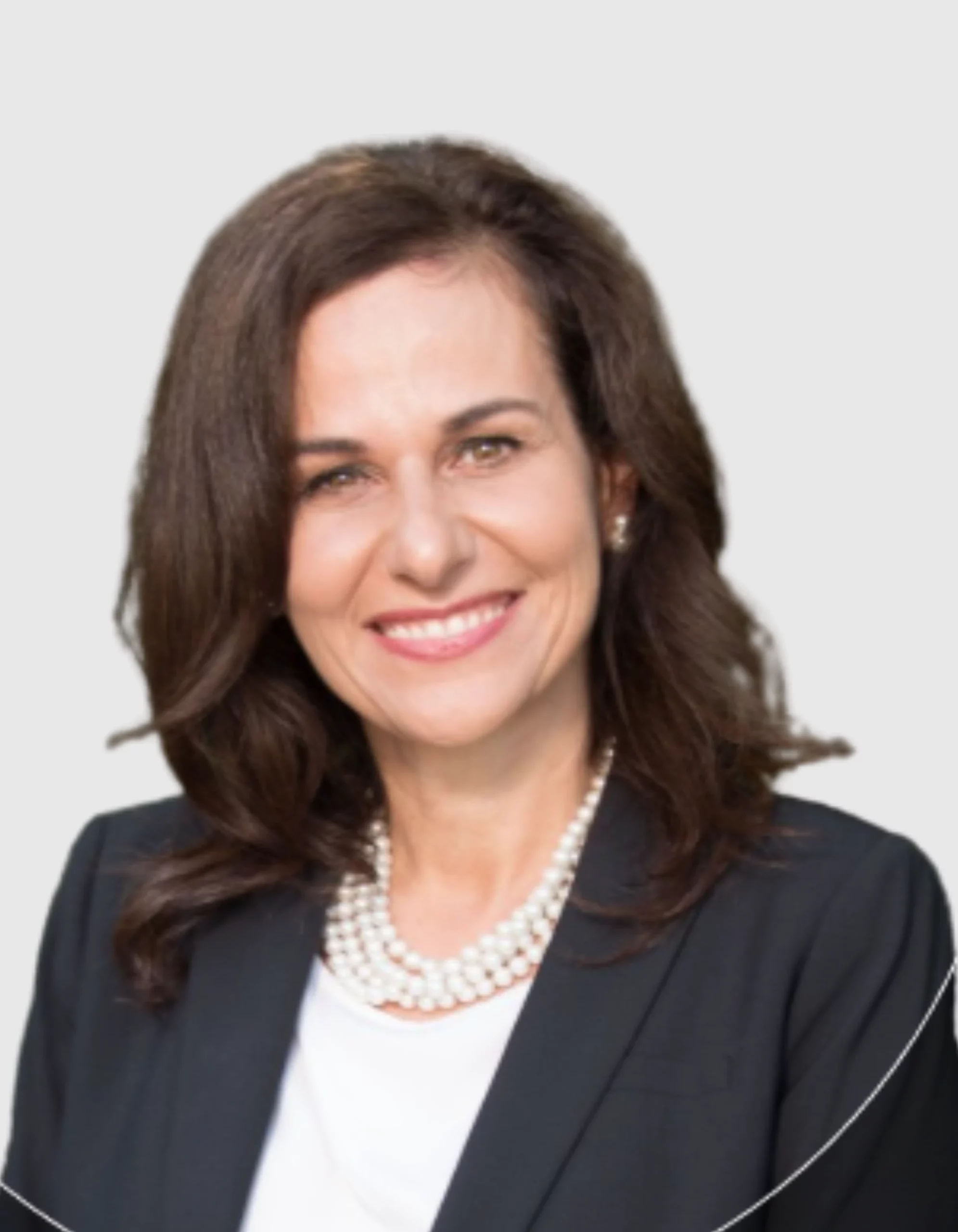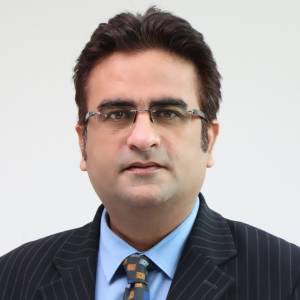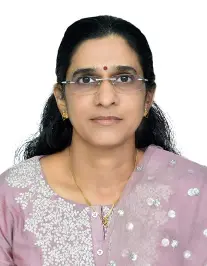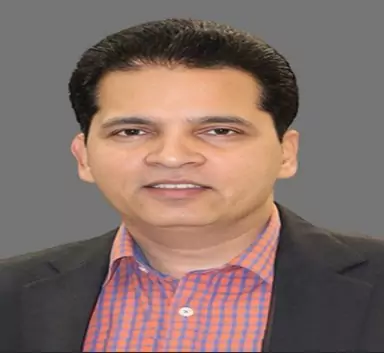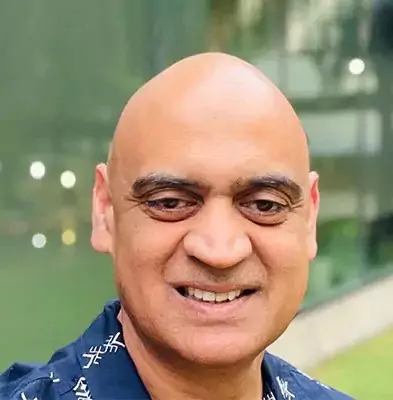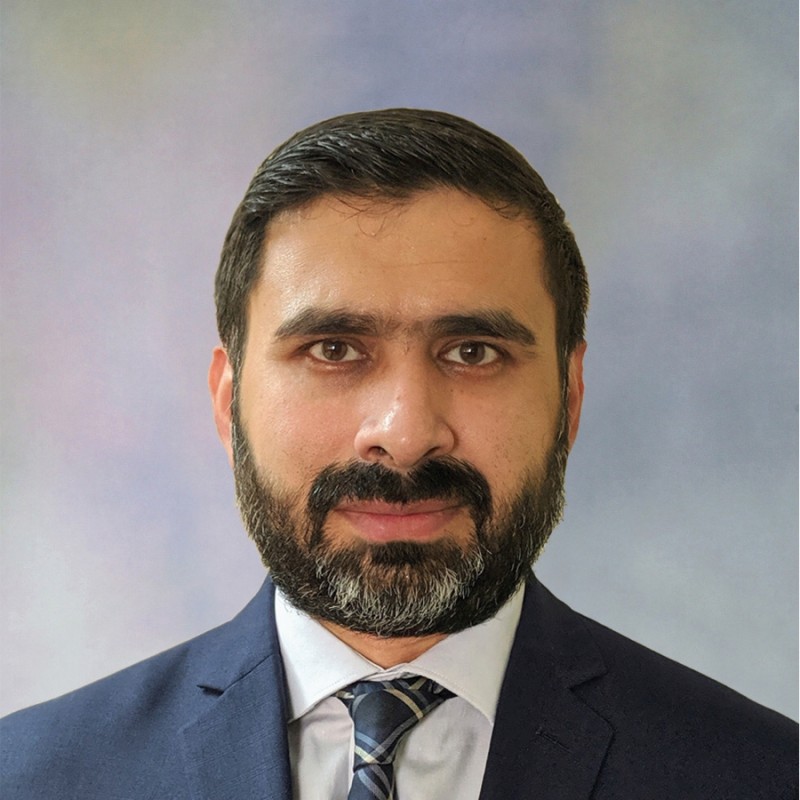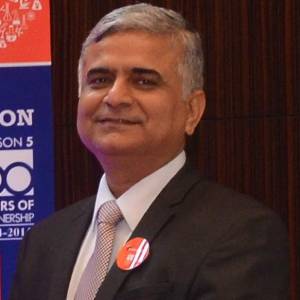Leadership & Governance

Prof. Tarundeep Singh Anand
Founder & Chancellor
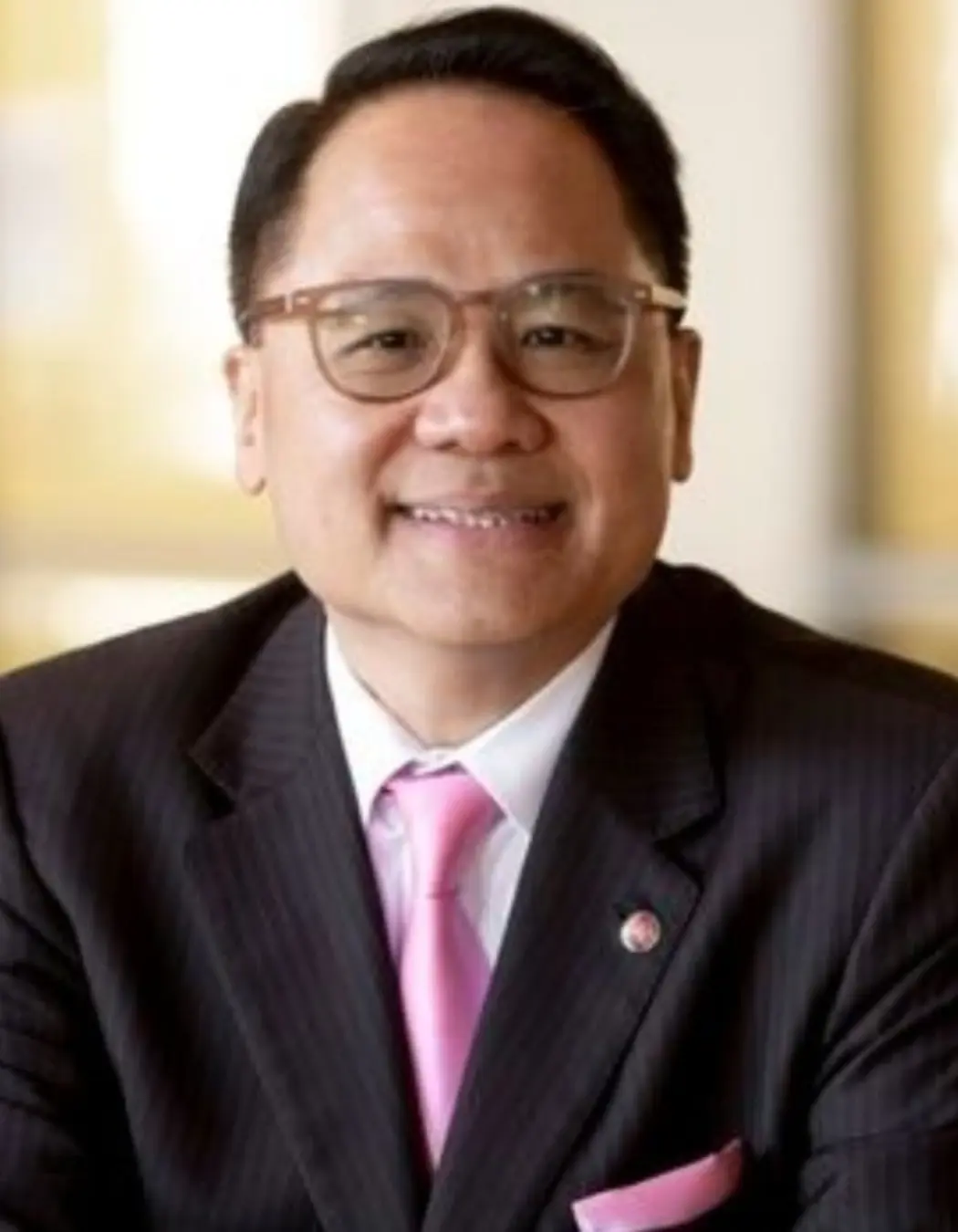
Dr. Simon Mak
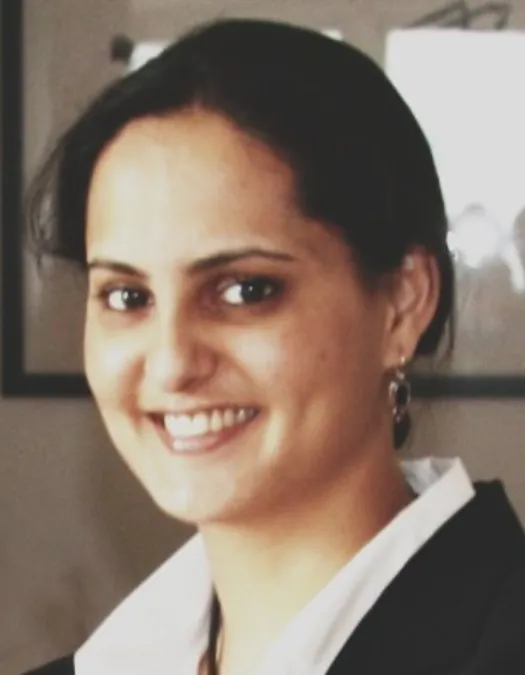
Mrs. Beeba Harneet Anand
Head of Infra and Design

Dr. Daniel Connolly

Ms. Ameera Shah
Promoter & Managing Director of Metropolis Healthcare Ltd.
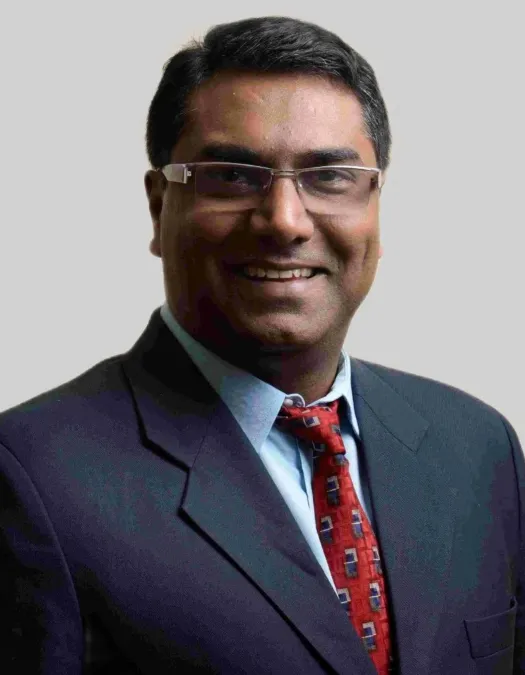
Prof. Samir Saraiya
Chief Executive Officer of That’s Personal
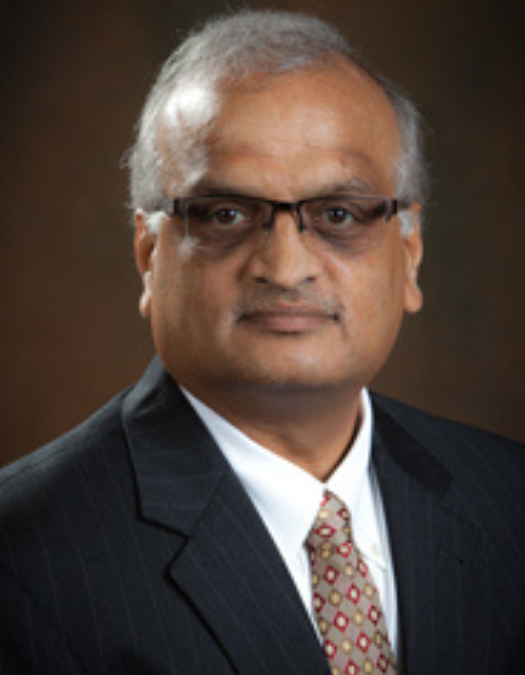
Dr. Srinath Beldona
Dean & Professor of Management at Oklahoma City University

Mr. Vikram Thakur
Director of Rico Appliances Pvt Ltd

Prof. Atul Khosla
Vice Chancellor
Shoolini University, Himachal Pradesh
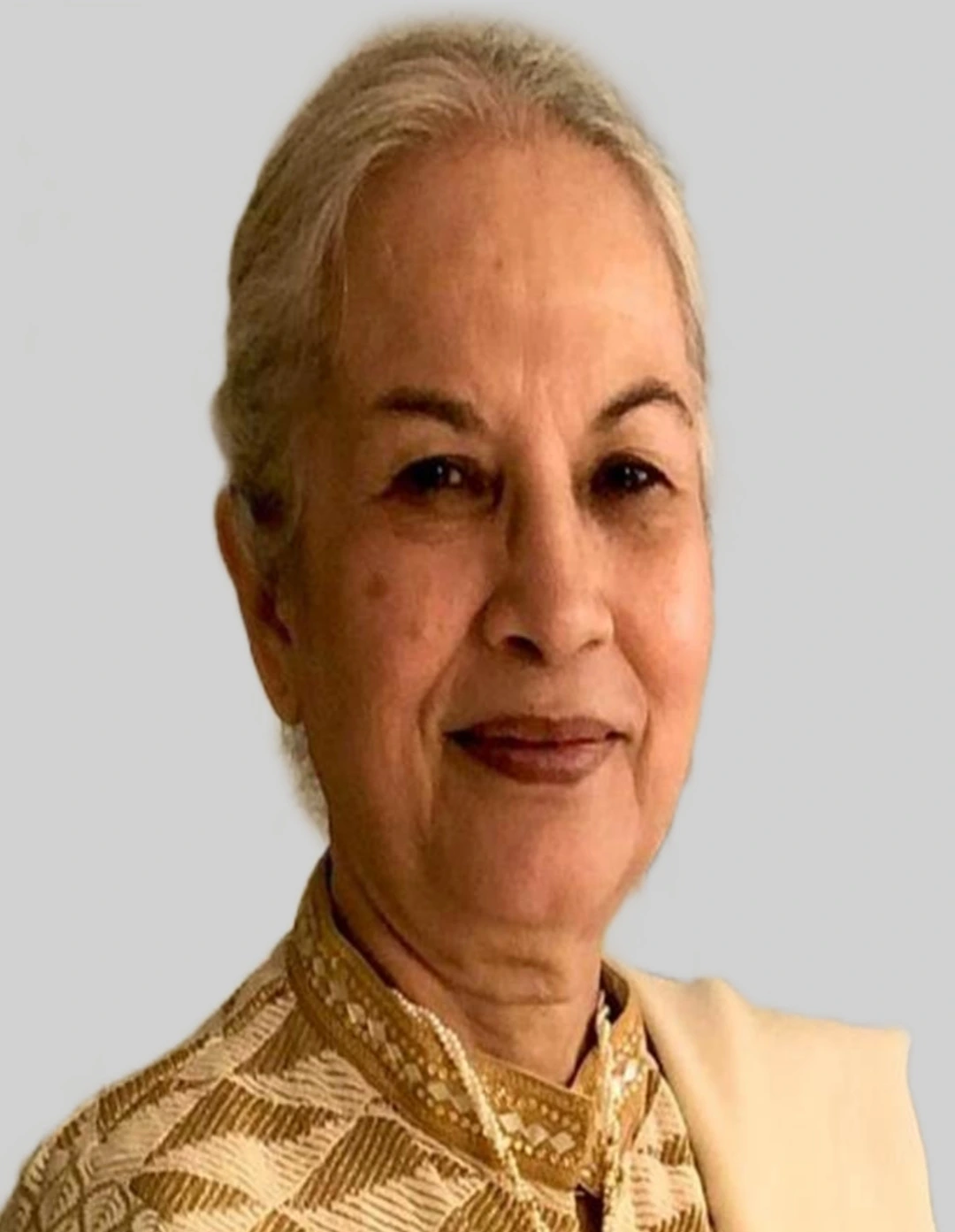
Dr. Manjeet Kaur Anand
Faculty of General Management

Prof. Buddhadeb Das
Registrar and Member Secretary, Governing Body

Dr. Simon Mak
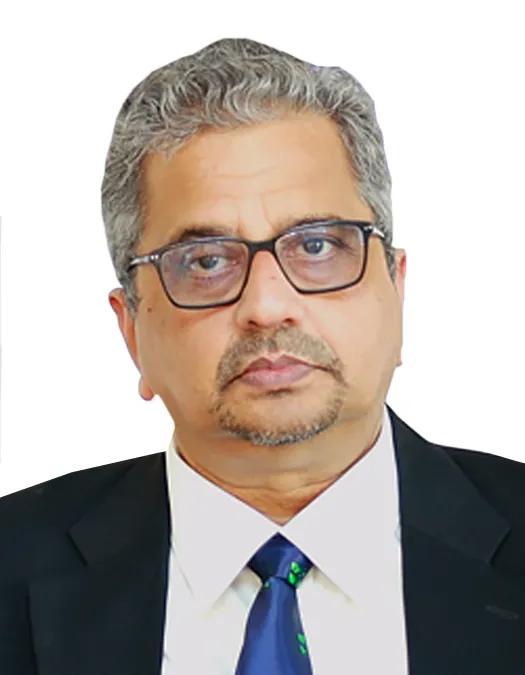
Prof. Sriram Ramshanker
Pro-Vice Chancellor & Professor Of Practice – Operations

Dr. Shilpa S Joshi
Dean Academics
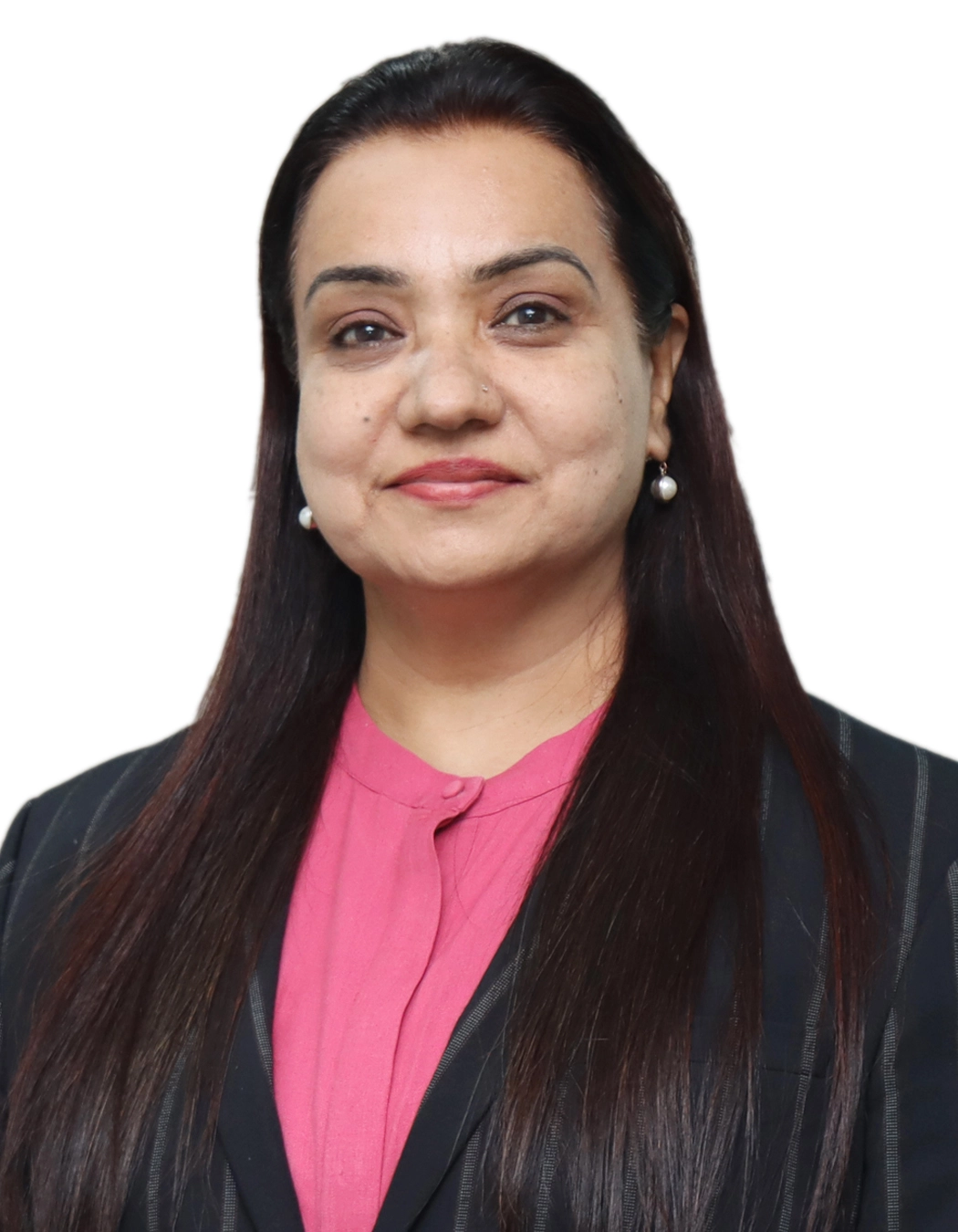
Dr. Asha Bhatia
Dean – Research & Doctoral Programs
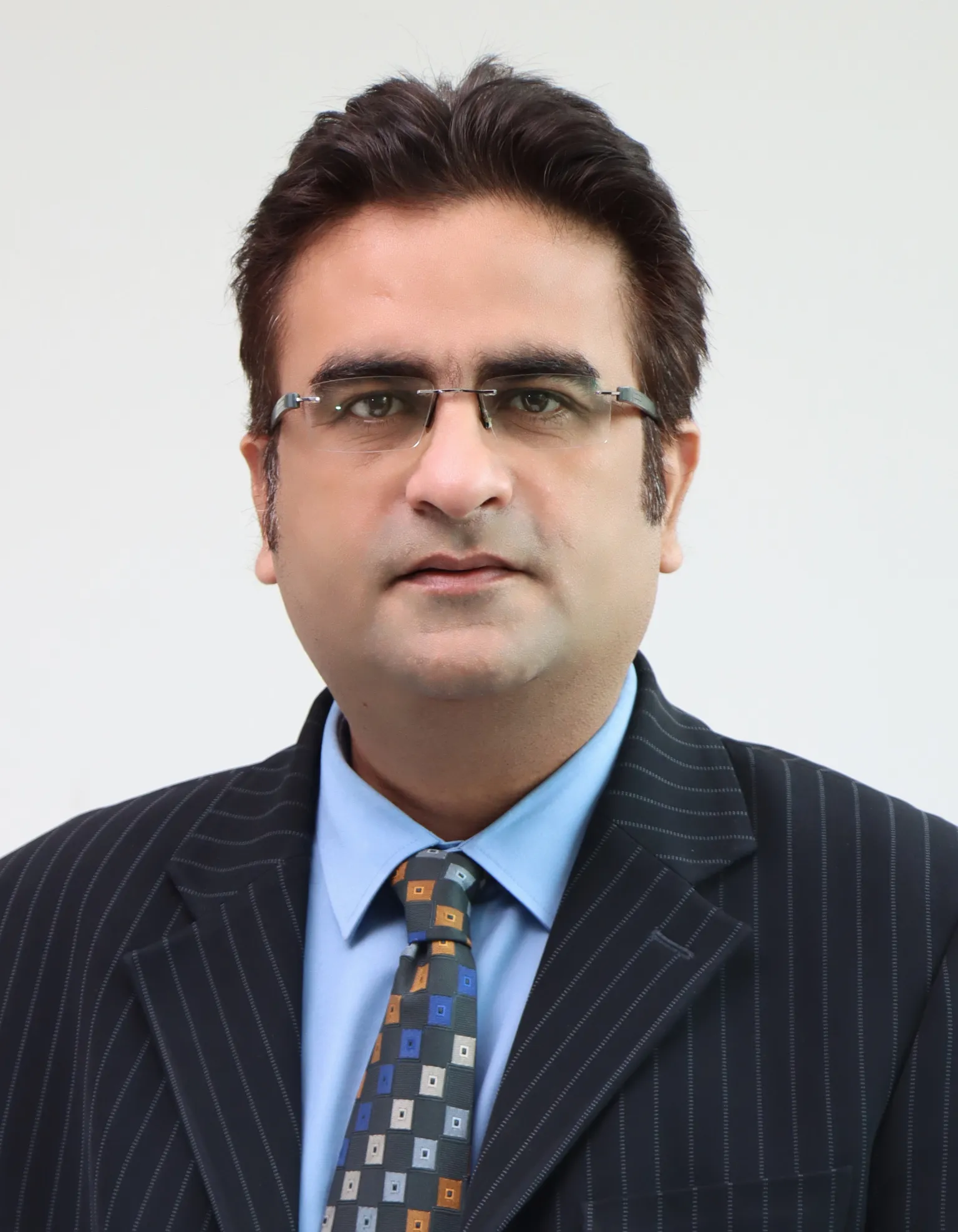
Mr. Vijay Tandon
Dean- Internationalization

Mrs. Beeba Harneet Anand
Head of Infra and Design
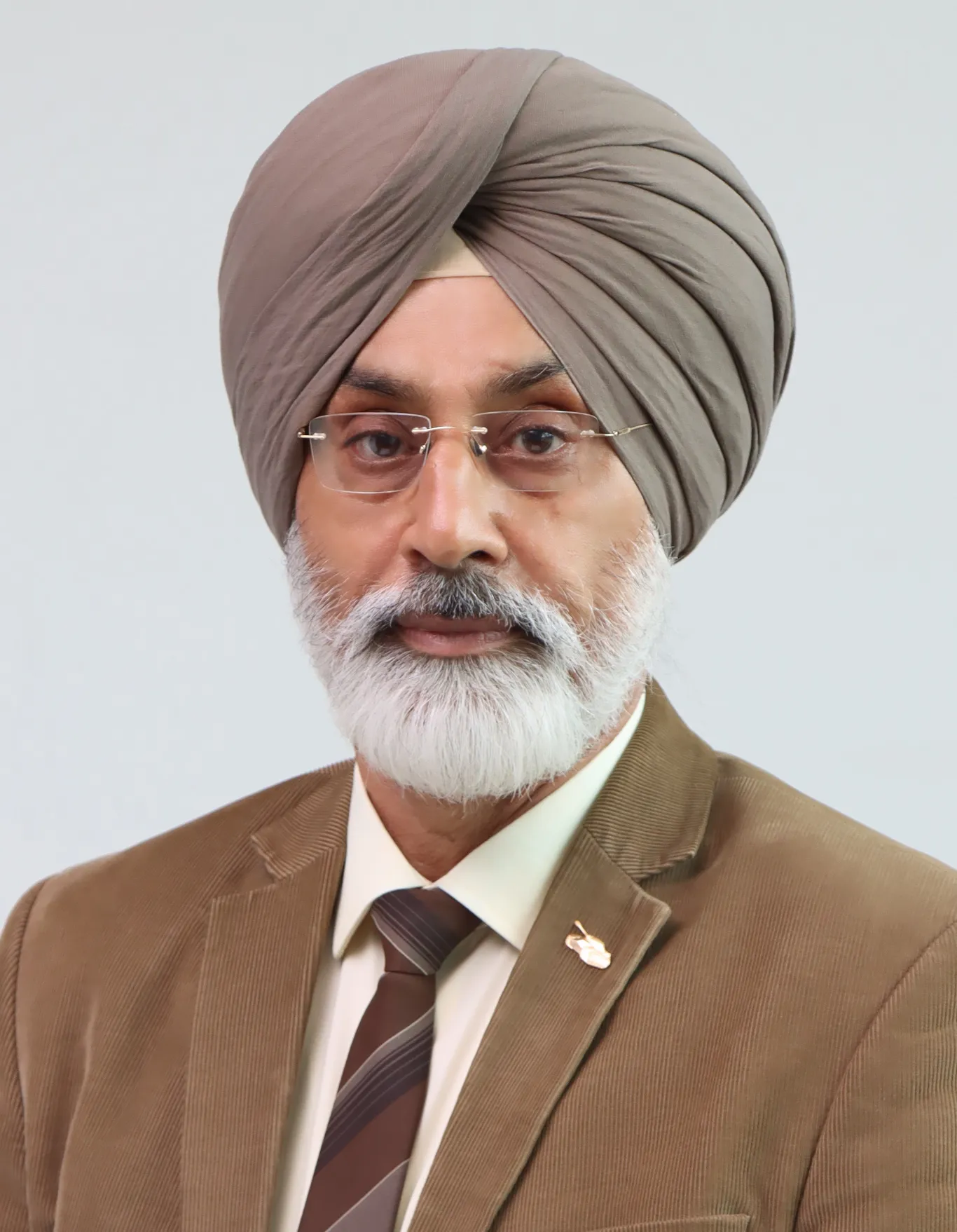
Prof. Brig. G.P.S Cheema
Chairperson, Center of Excellence for Social, Sustainable & Spiritual Development

Prof. Elora Basumatary
Head – Quality Enhancement Directorate (QED)

Dr. Kavitha Venkatachari
Dean of School of AI & Future Technologies

Prof. Deepak Chawla

Mr. Dileep Joshi
Chief Human Resource Officer, Okaya Power Group

Sai Venkateshwaran
Global Lead Partner, Board of Directors of KPMG in India, Partner at KPMG

Coumara Radja
Co-Founder & Managing Partner, Maxval Professionals LLP

Chandrasekhar Mukherjee
Advisory Board at Deep Learning Institute of India & Sr. President - HR & CHRO at Bhilosa Industries
AI Advisory Board
An “AI Advisory Board of Studies” for Universal AI University will play a crucial role in shaping and enhancing academic programs infused with artificial intelligence. Here are some key functions and responsibilities such a board might undertake:
Curriculum Development and Review:
– Collaborate with faculty members to design and update AI-related or AI-infused courses and programs.
– Ensure alignment with industry trends, technological advancements, and emerging research.
– Regularly review syllabi, teaching methodologies, and evaluation processes.
Quality Assurance and Relevance:
– Assess the relevance and quality of AI programs for different courses e.g. MBA, BBA, BCom, BA, BE, ME etc.
– Monitor program outcomes and student performance.
– Provide feedback on curriculum effectiveness and suggest improvements.
Industry and Research Collaboration:
– Foster partnerships with AI companies, research institutions, and industry experts.
– Facilitate internships, joint projects, and guest lectures.
– Bridge the gap between academia and real-world AI applications.
Advising and Guidance:
– Offer insights on AI career paths, skill requirements, and job market trends.
– Advise students on course selection, specialization, and career development.
– Provide mentorship and networking opportunities.
Ethical Considerations and Best Practices:
– Discuss ethical implications of AI technologies.
– Promote responsible AI development and deployment.
– Encourage research on fairness, transparency, and bias mitigation.
Research and Innovation:
– Encourage faculty and students to engage in AI research.
– Identify funding opportunities and collaborative projects.
– Stay informed about cutting-edge AI breakthroughs.
Program Promotion and Outreach:
– Act as ambassadors for AI programs and or AI infused programs within and outside the university.
– Organize workshops, seminars, and conferences.
– Promote AI education and its societal impact.
“AI Advisory Board of Studies” will not have formal authority to govern the institution but will serve as a valuable resource for informed decision-making and program enhancement.

Dr. Simon Mak

Mr. Kundana K Lal
Chairperson – AI Advisory Board
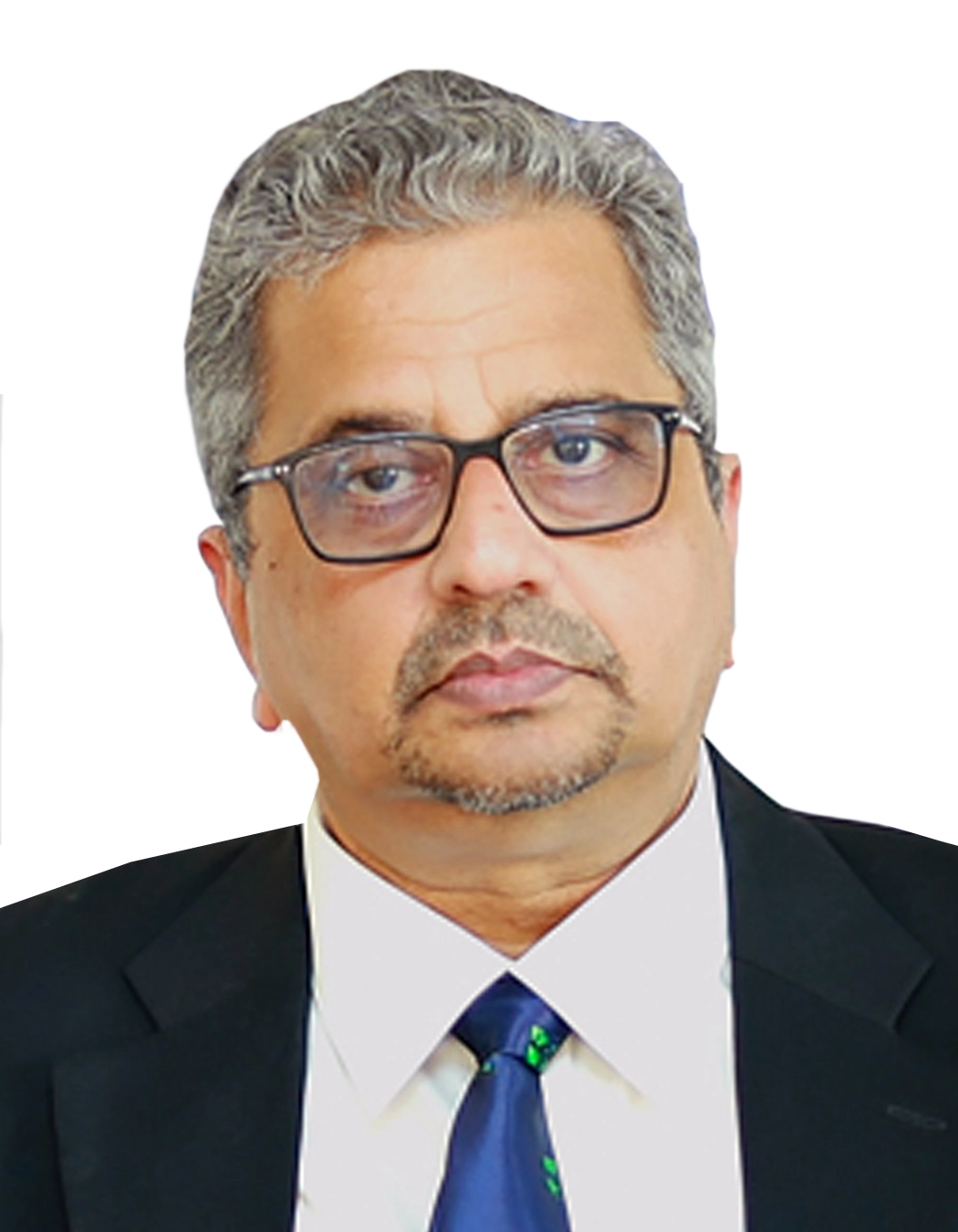
Prof. Sriram Ramshanker
Member – AI Advisory Board

Dr. Shreyas Nambiar

Dr. Shilpa Joshi
Dean – Academics







